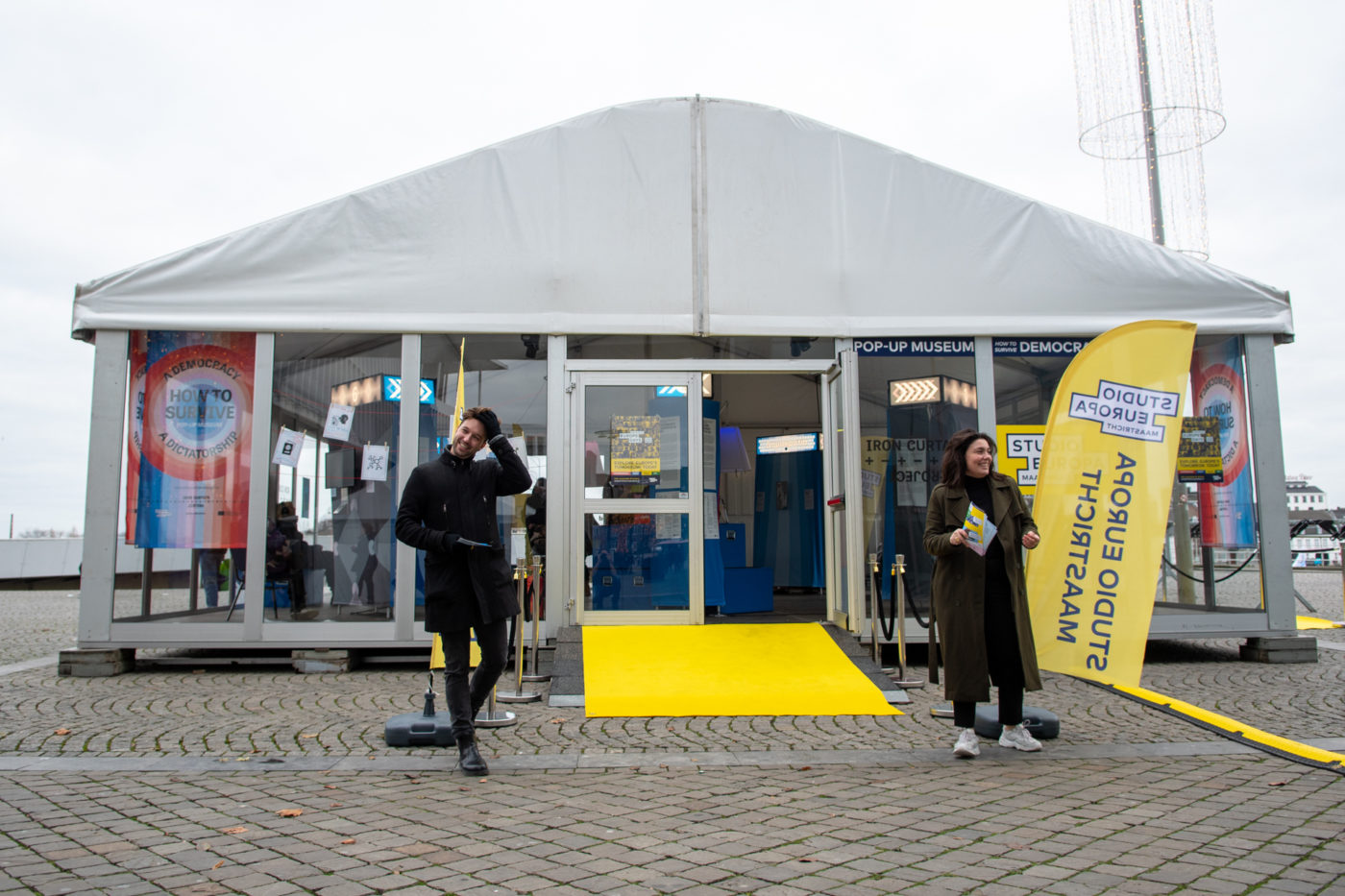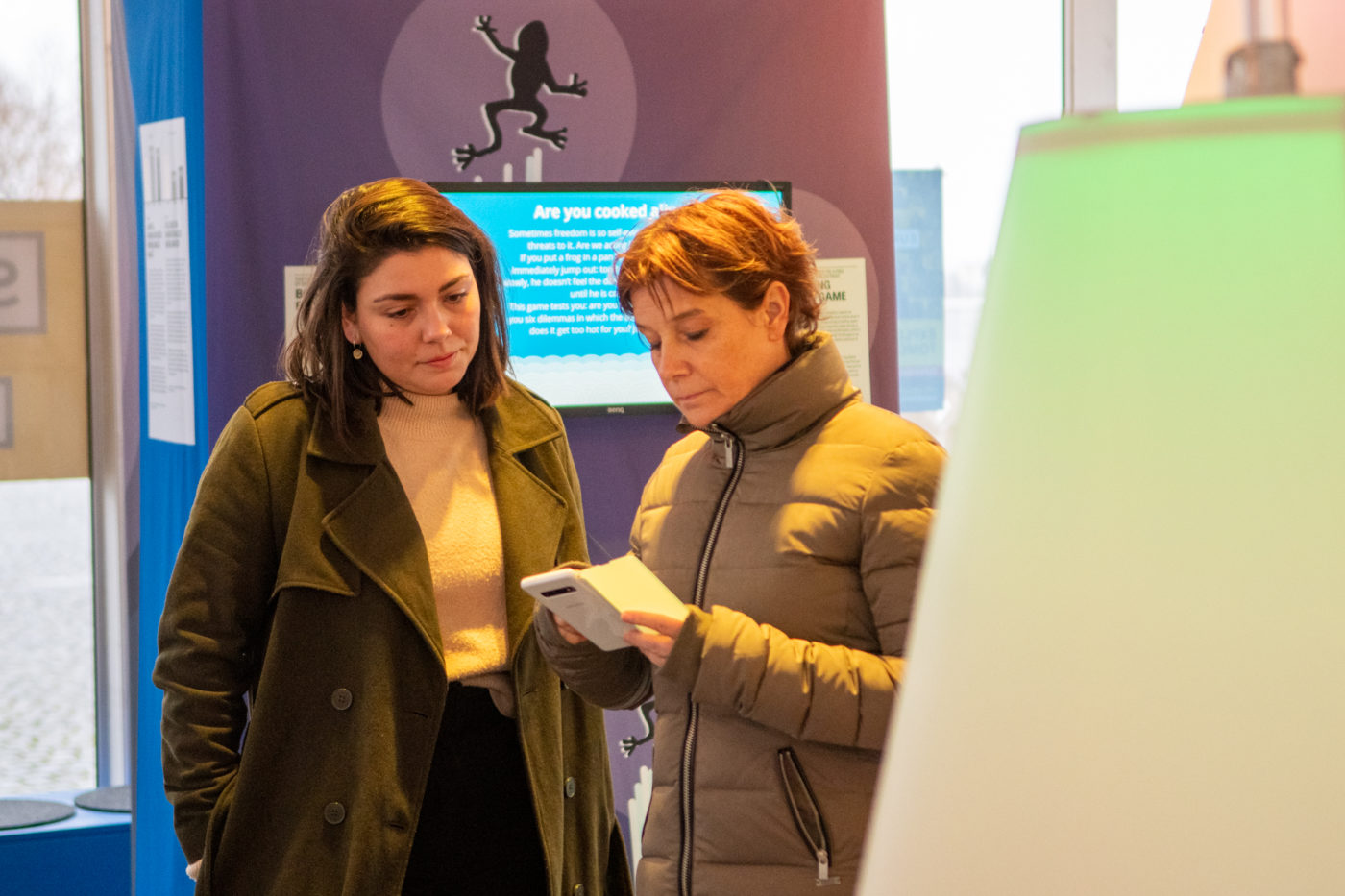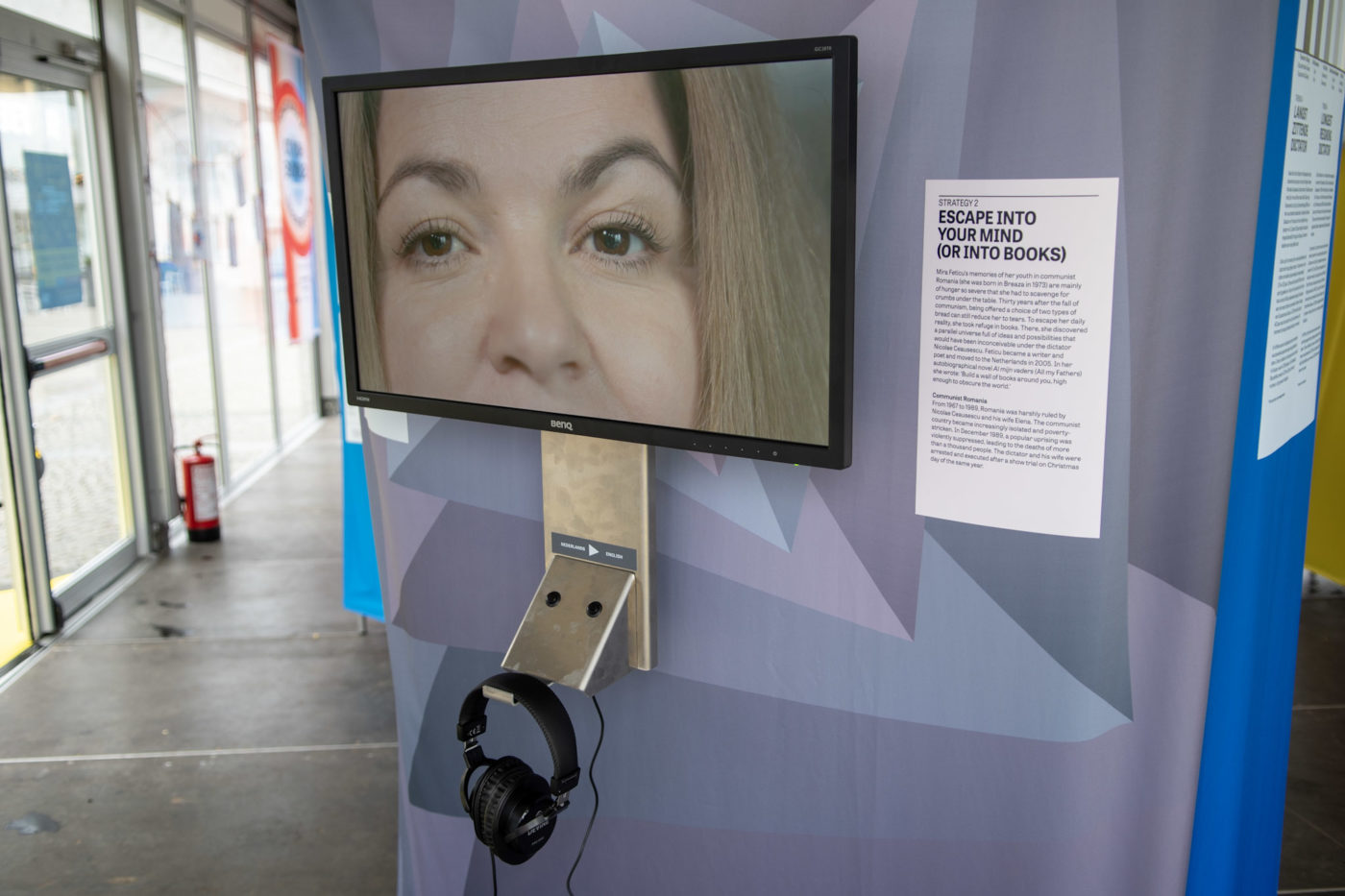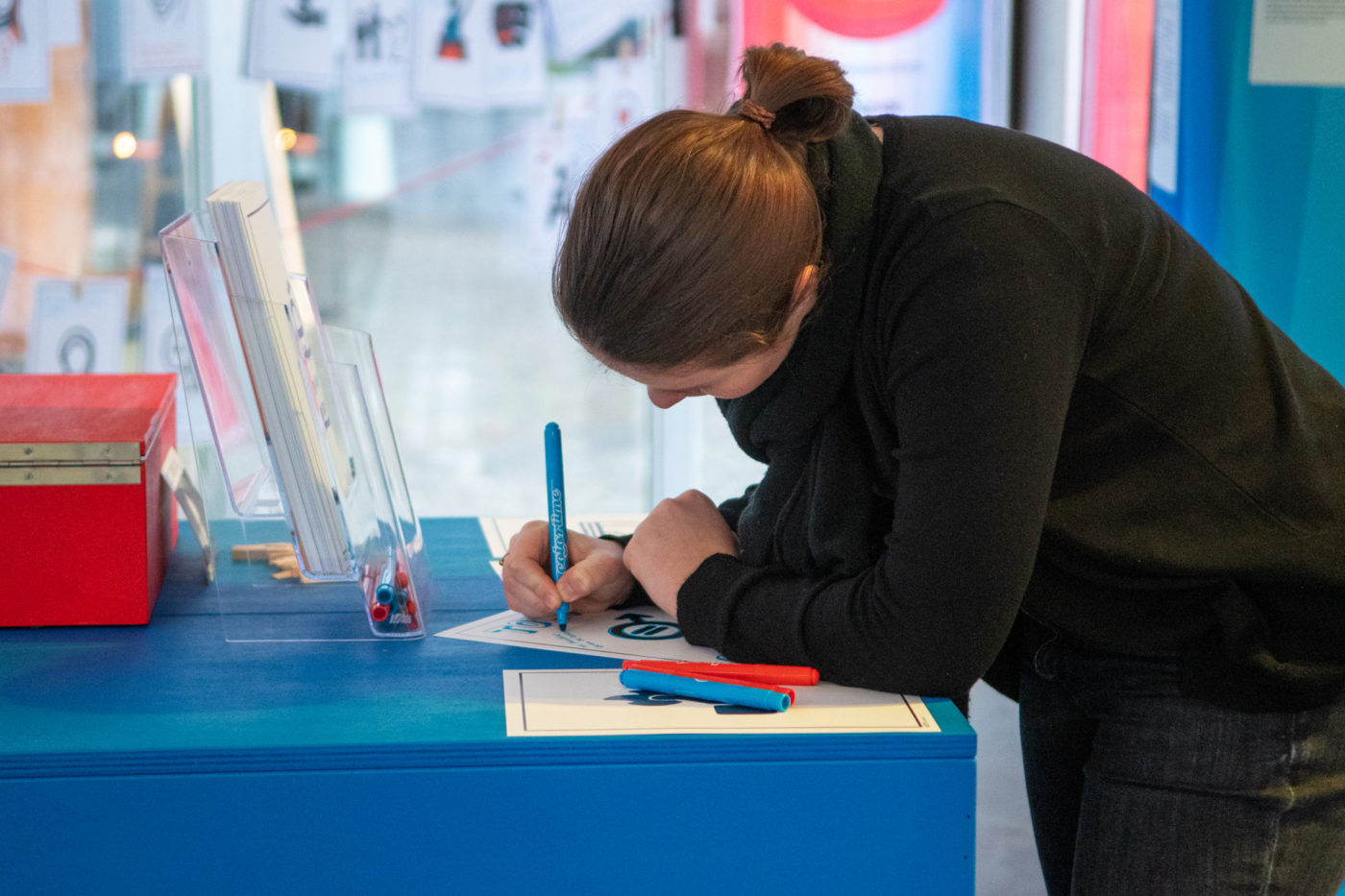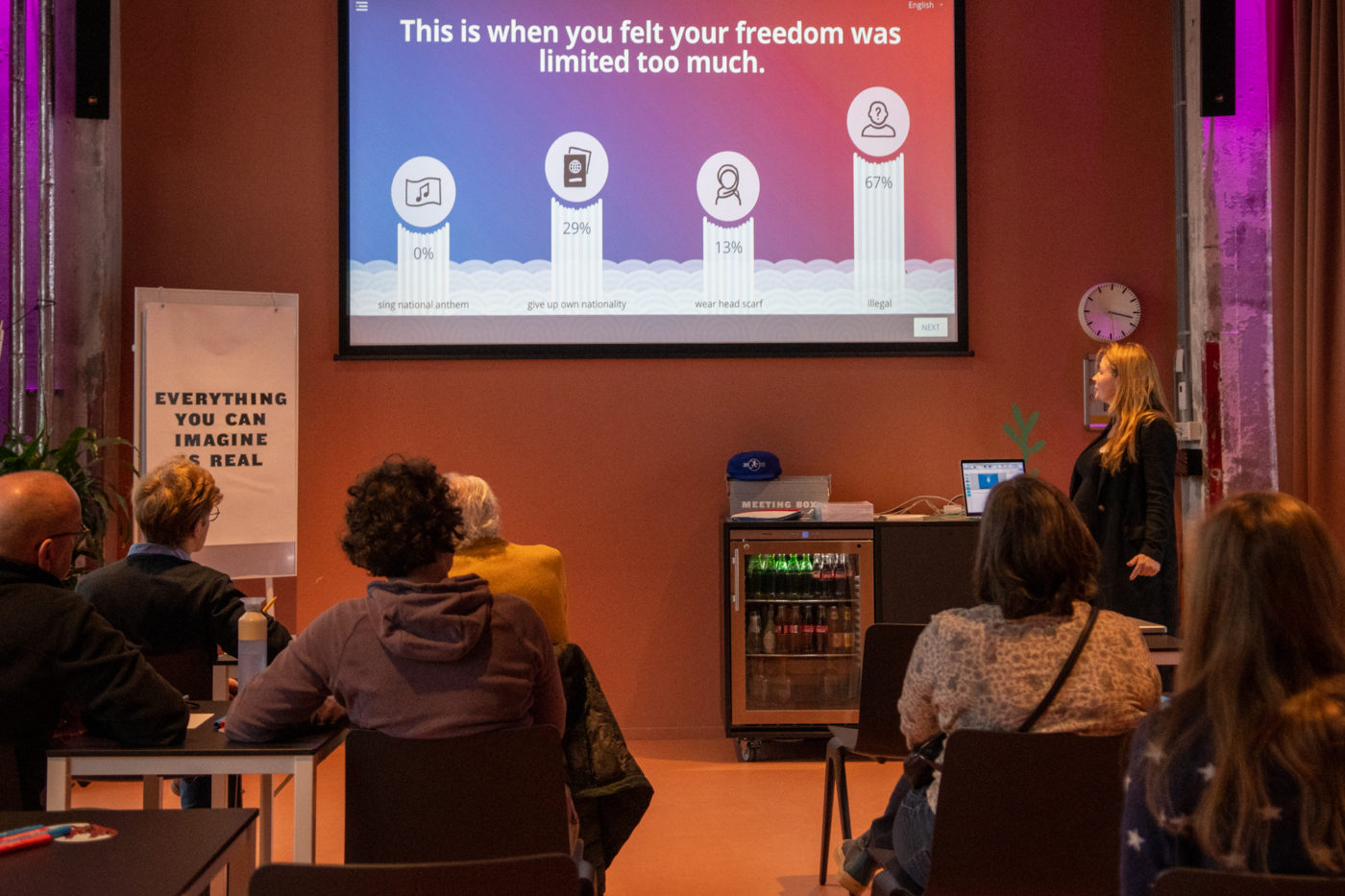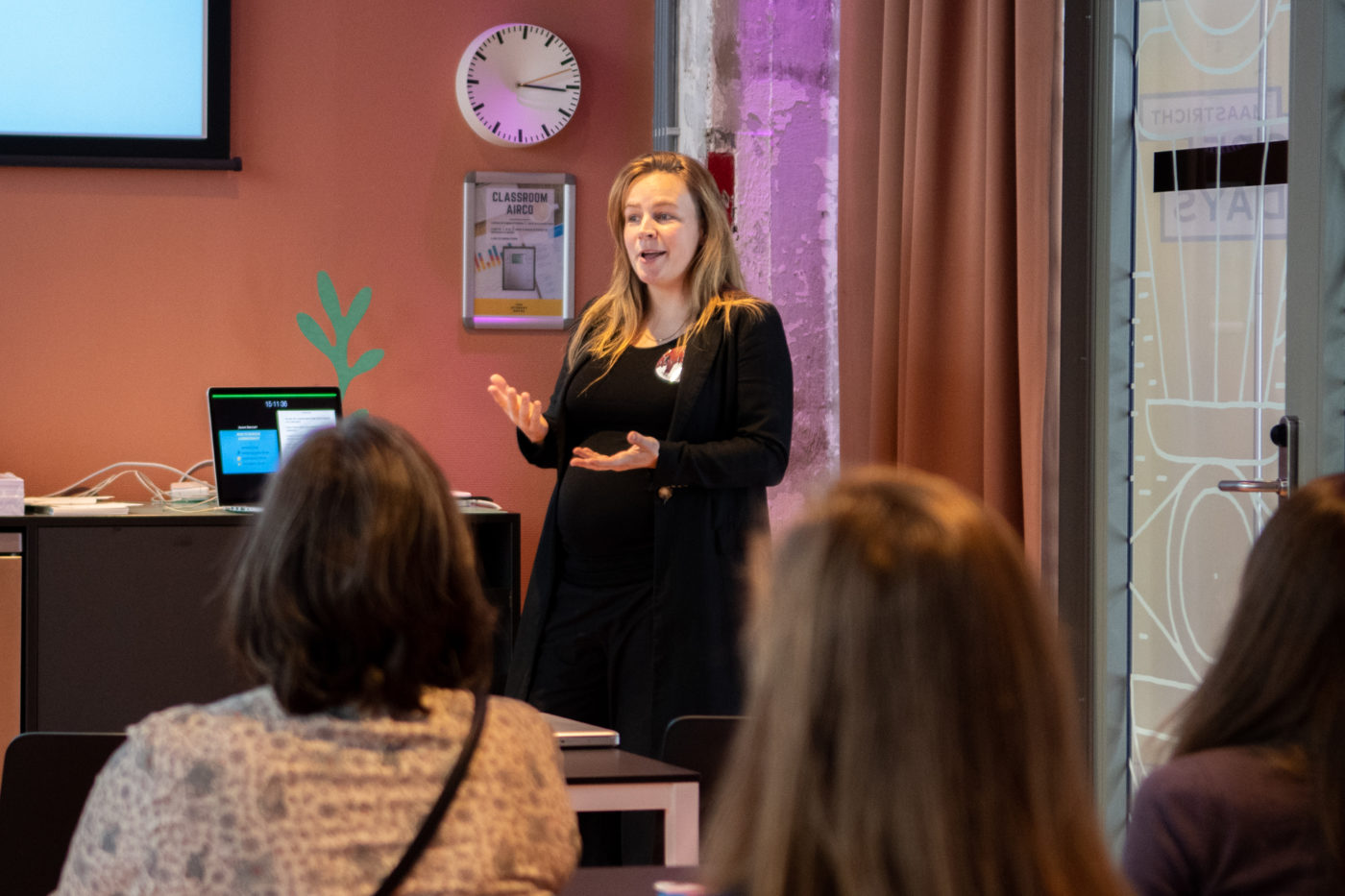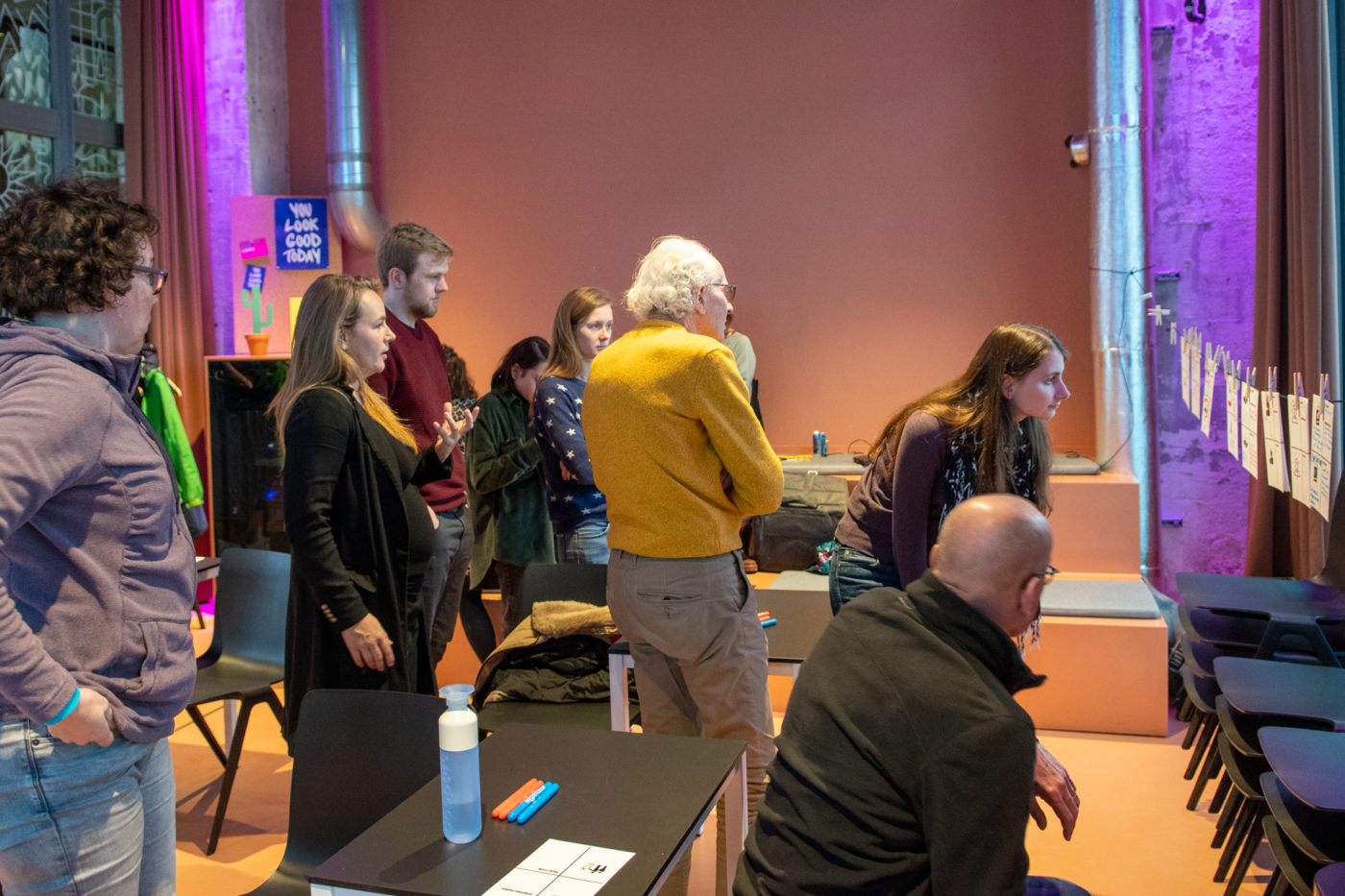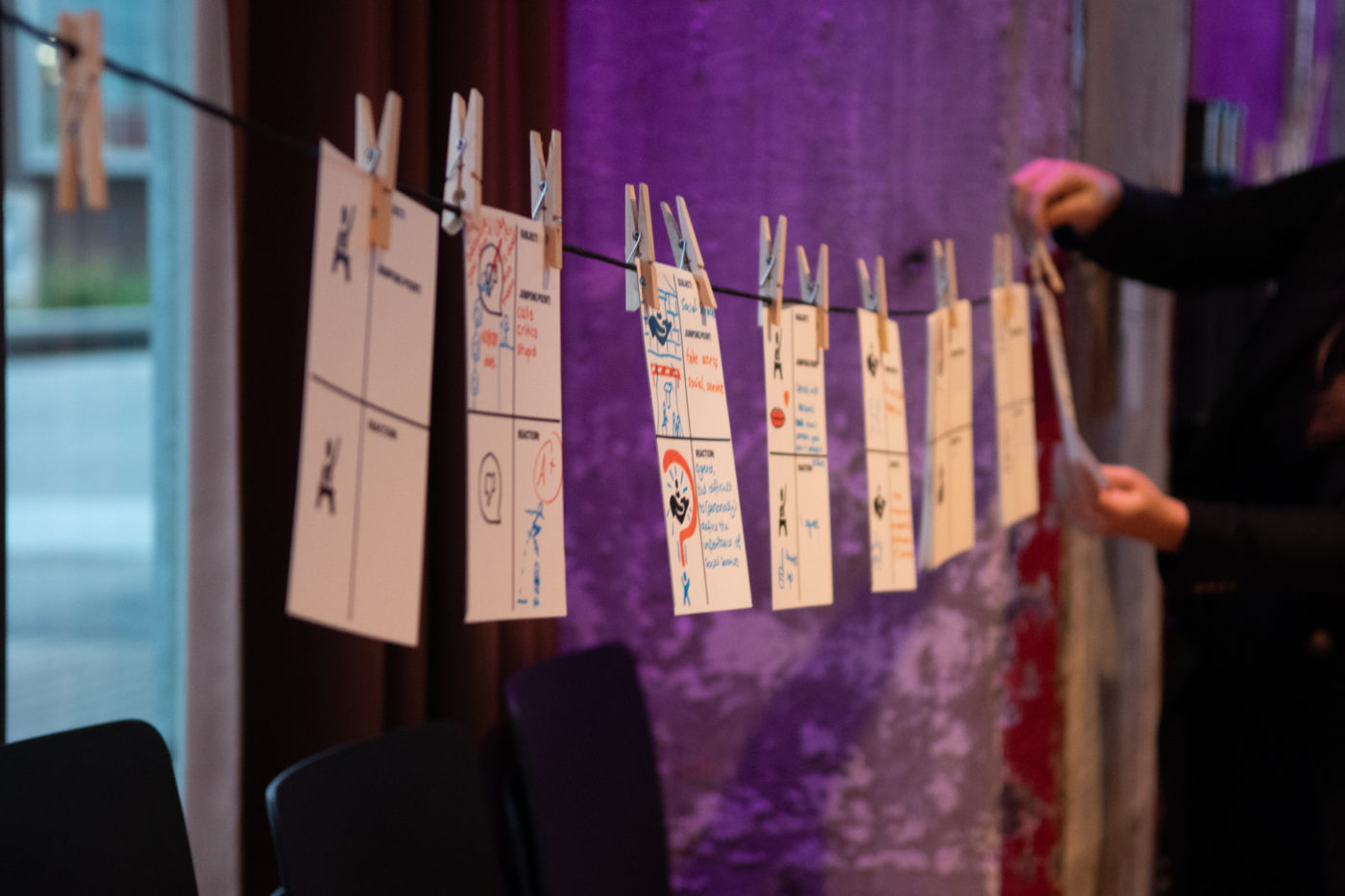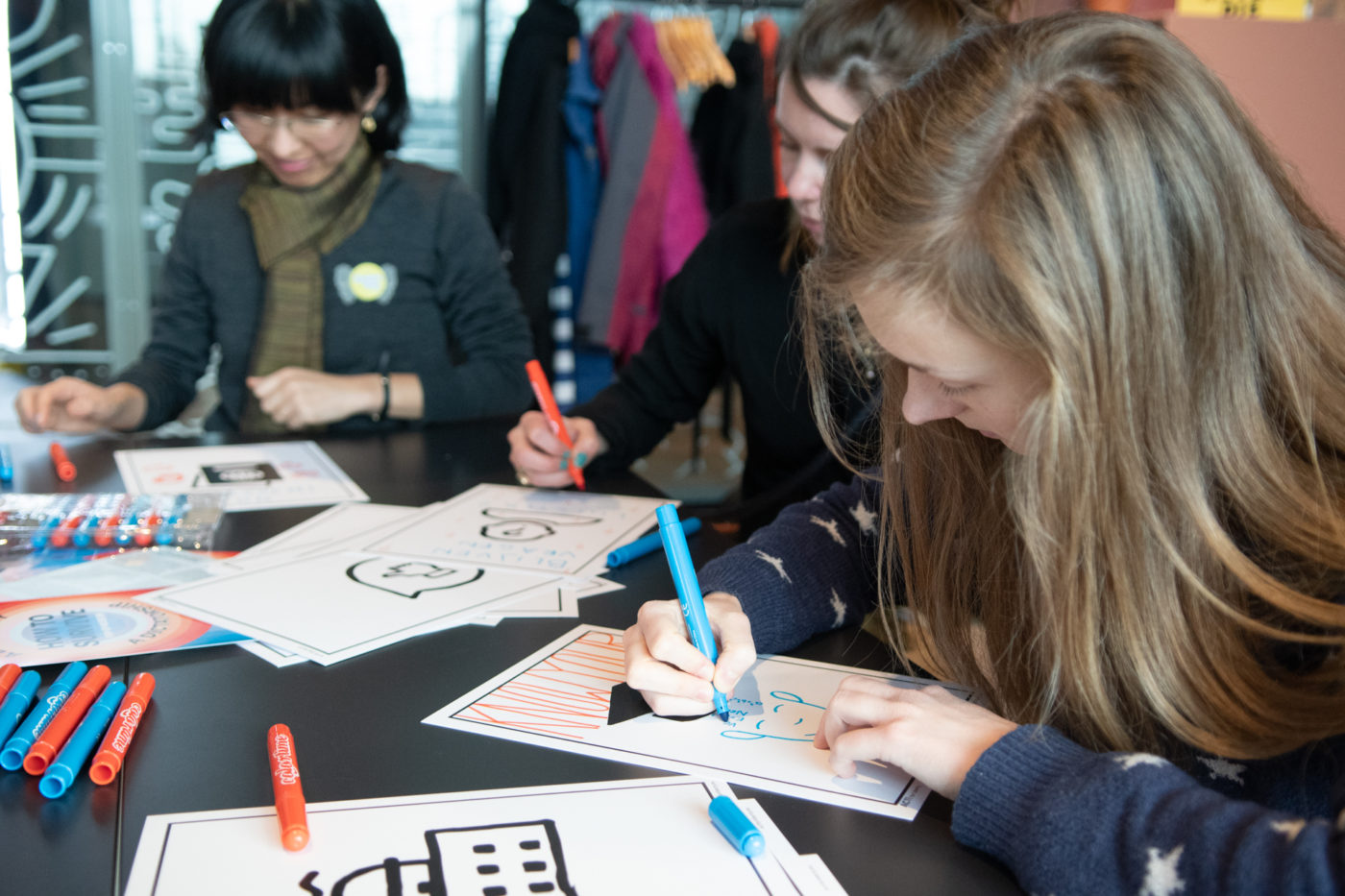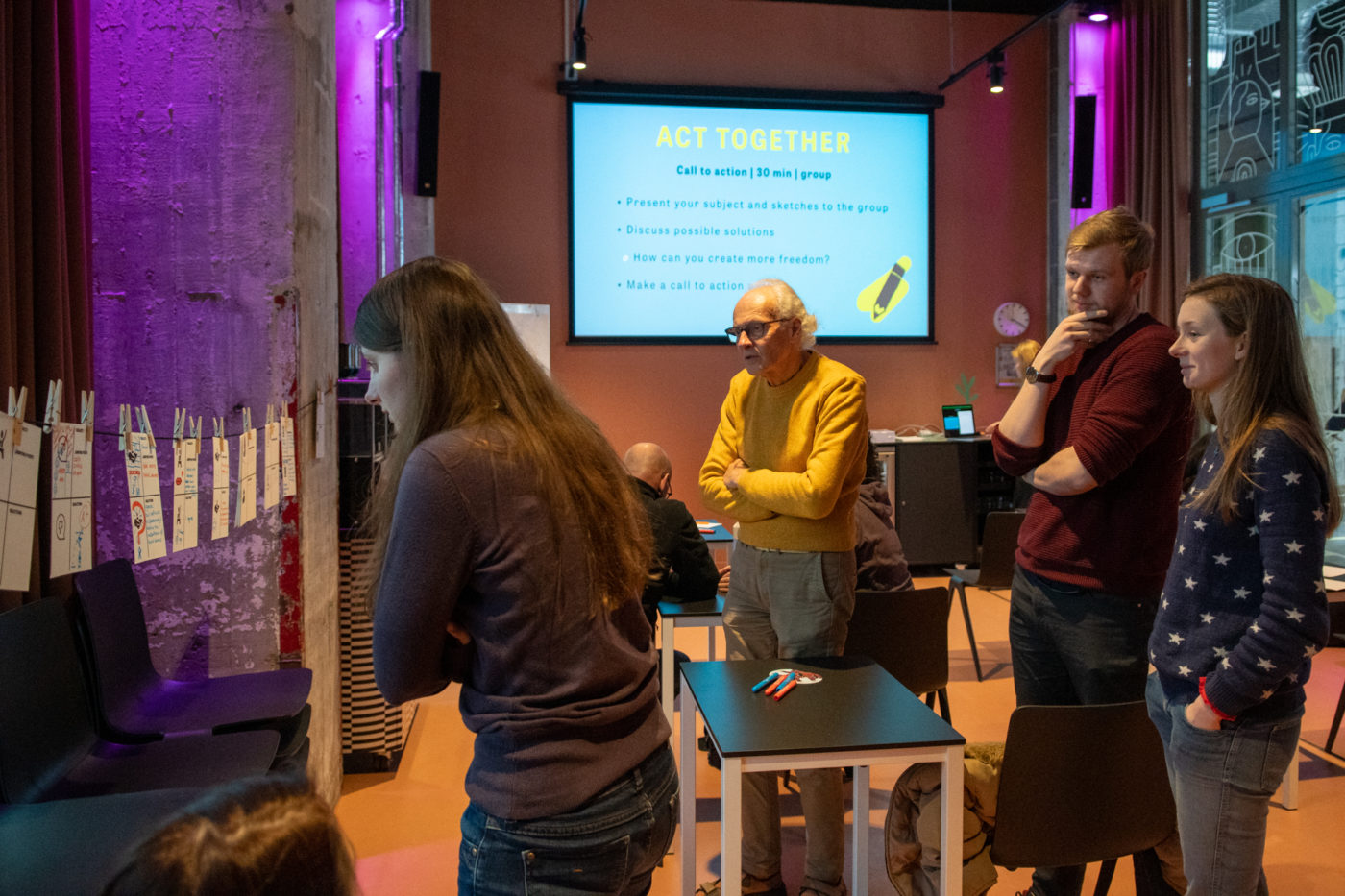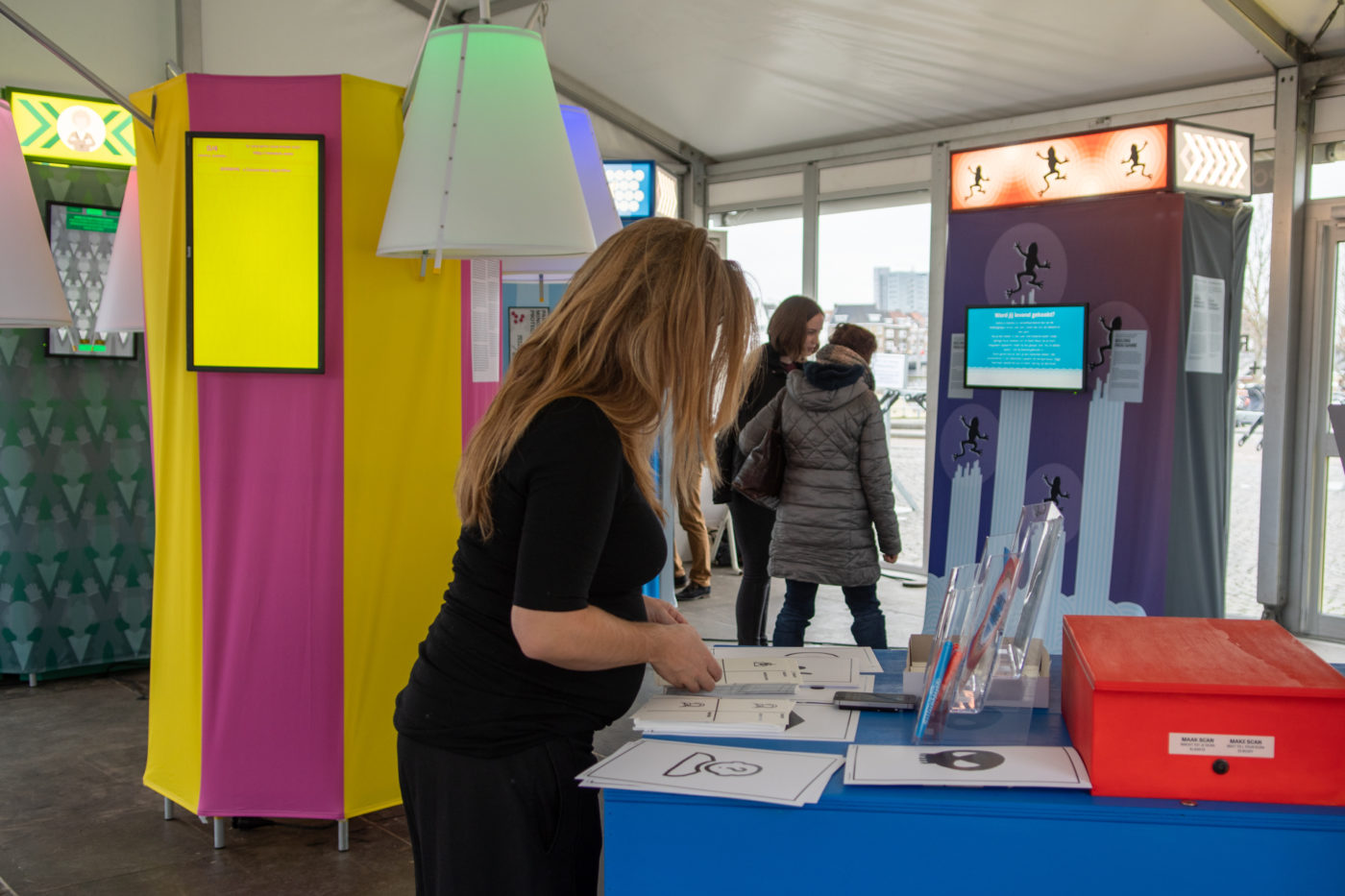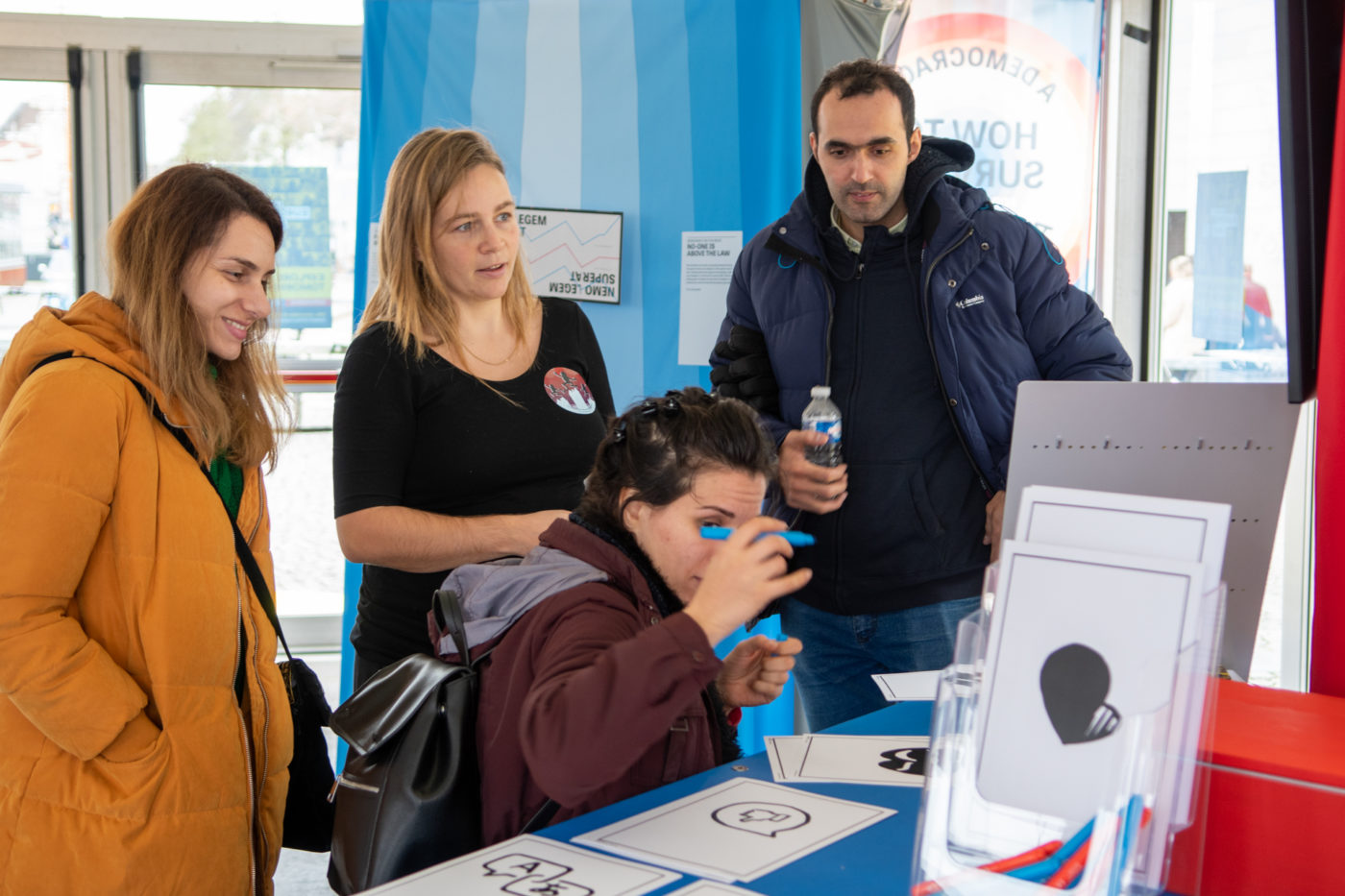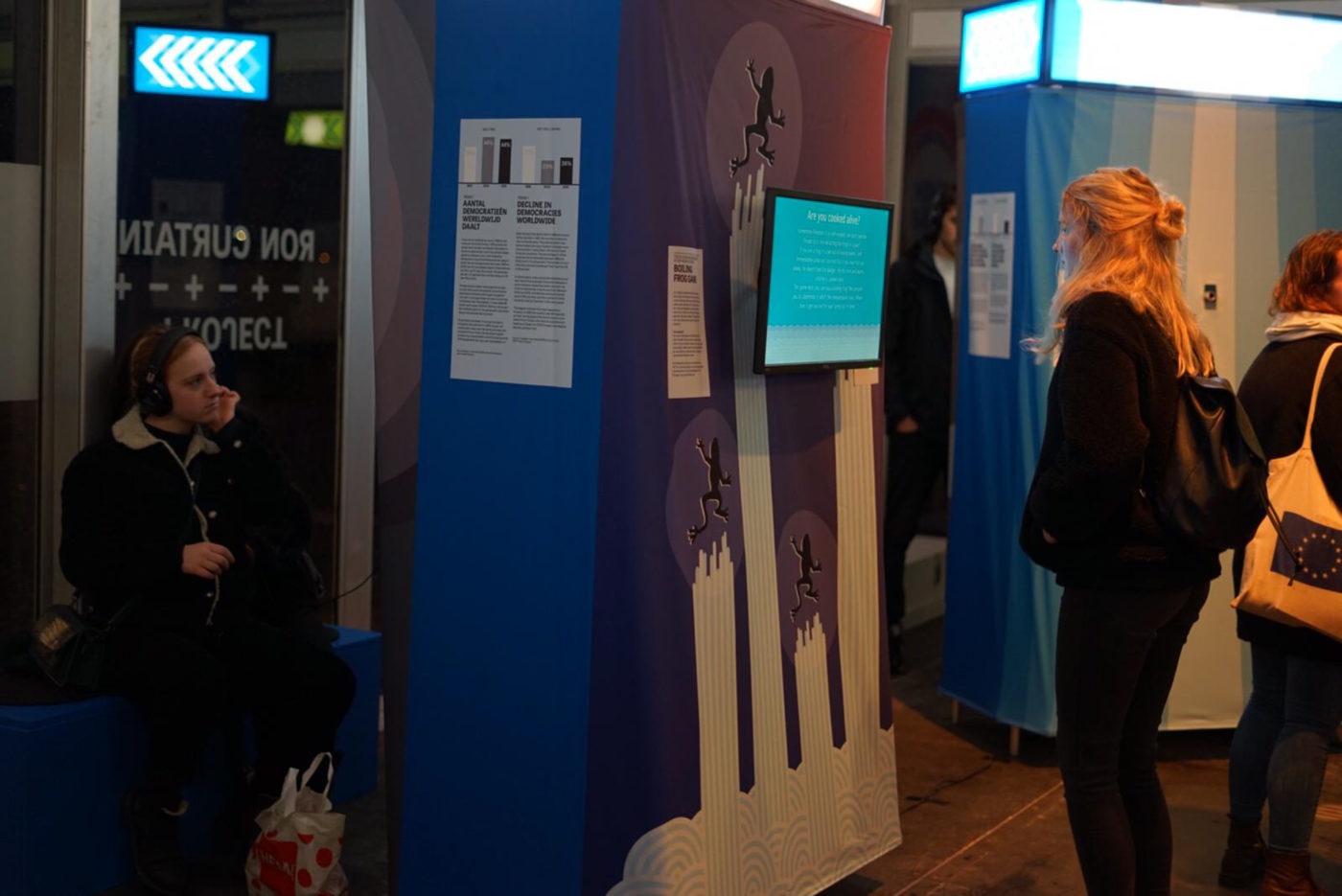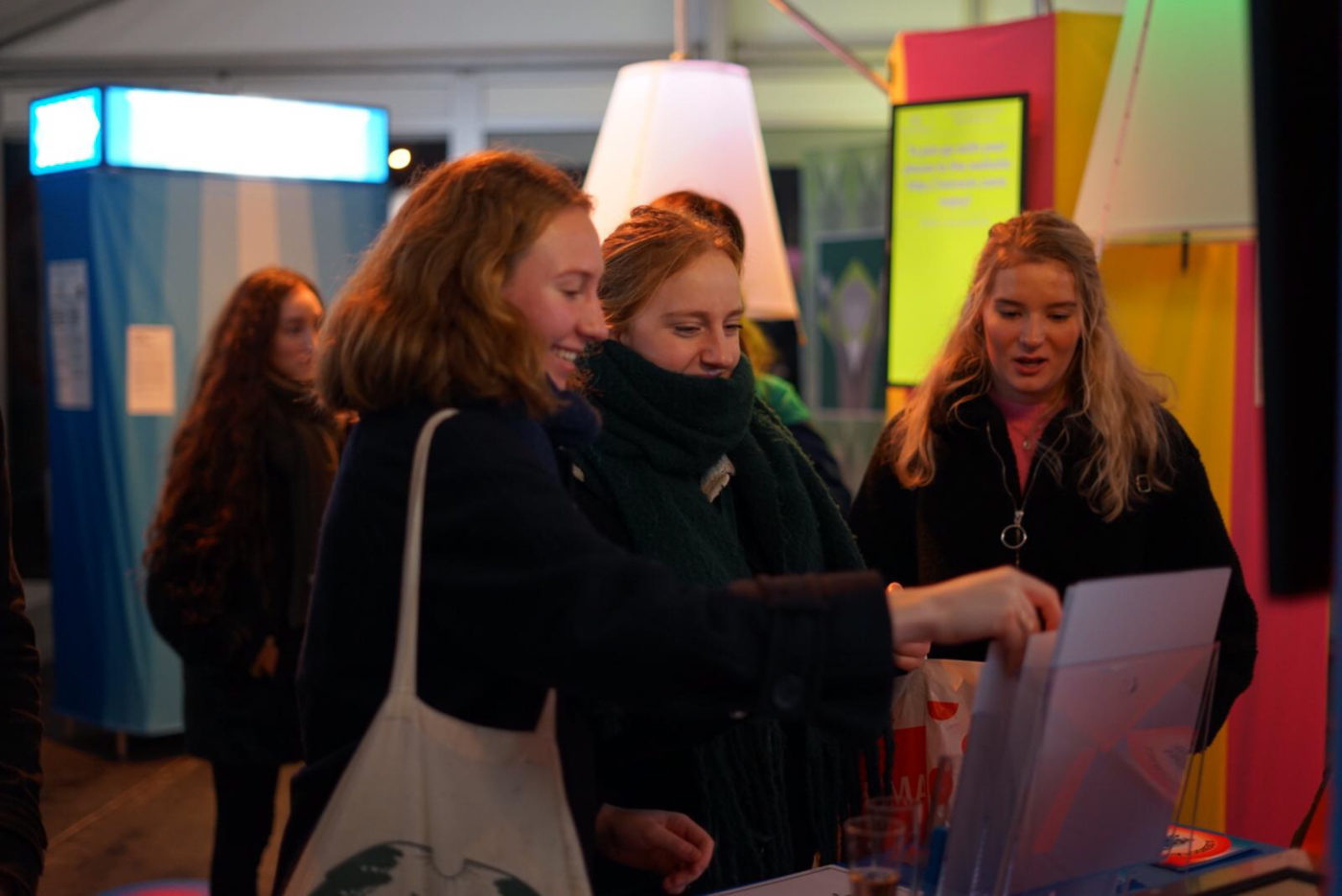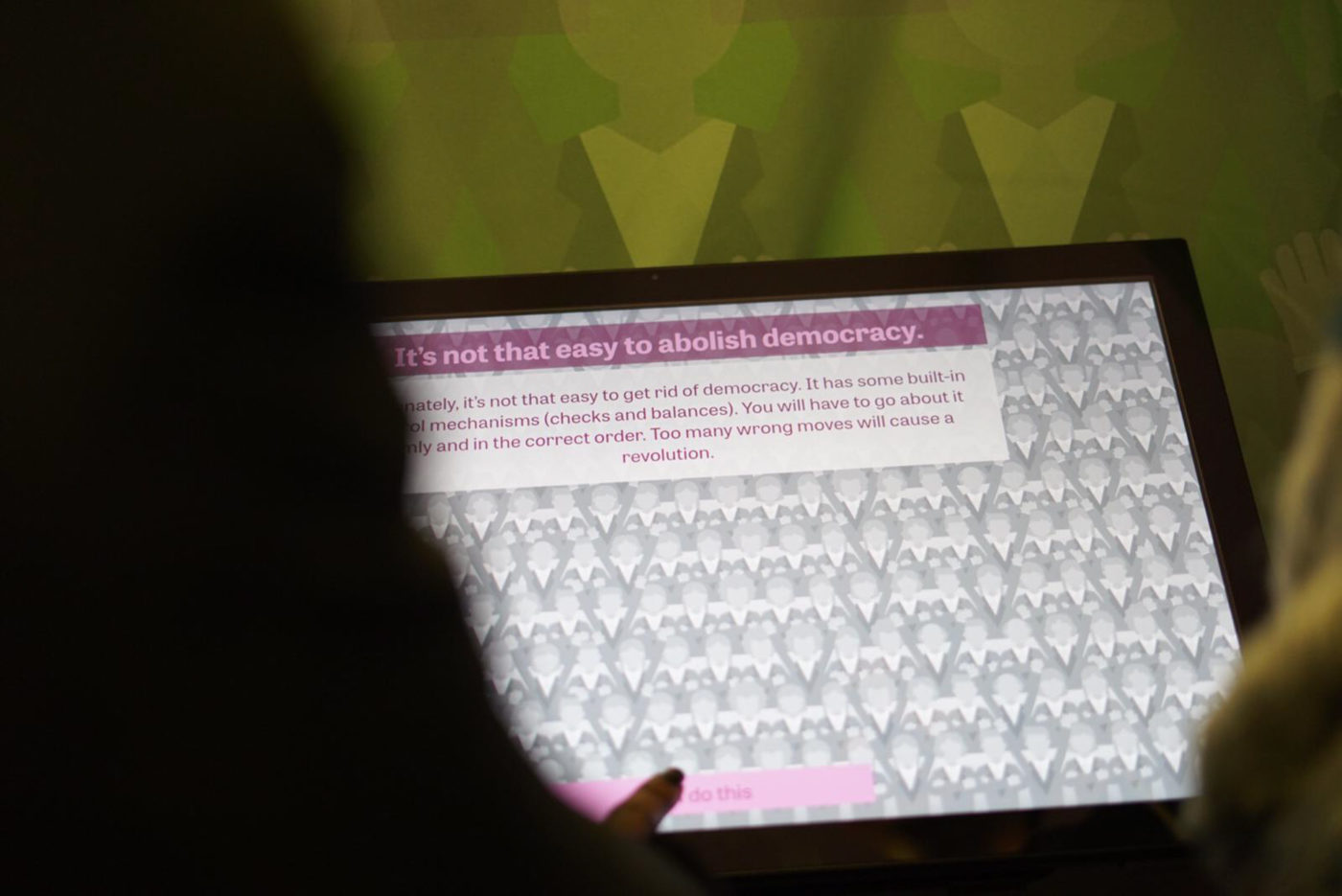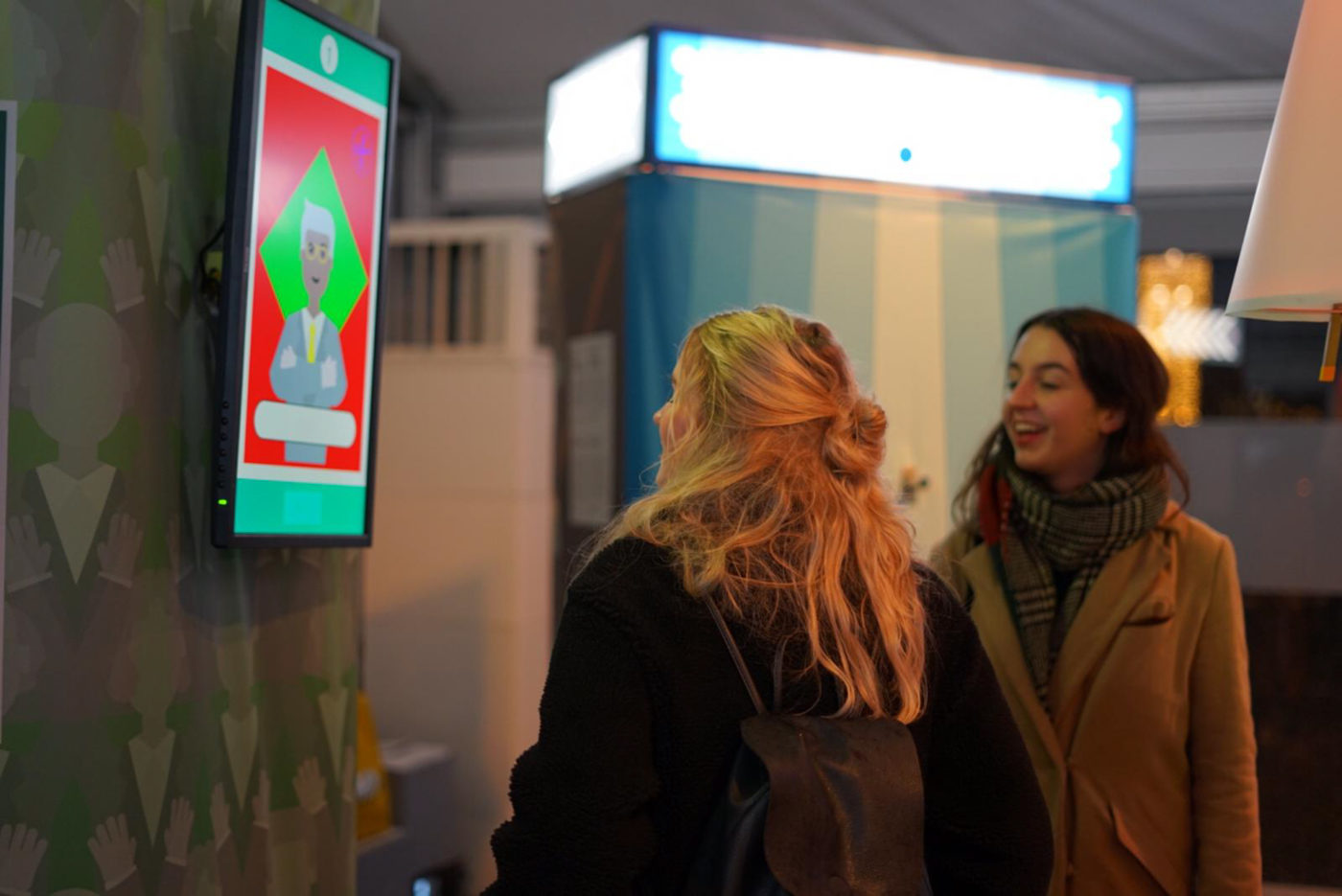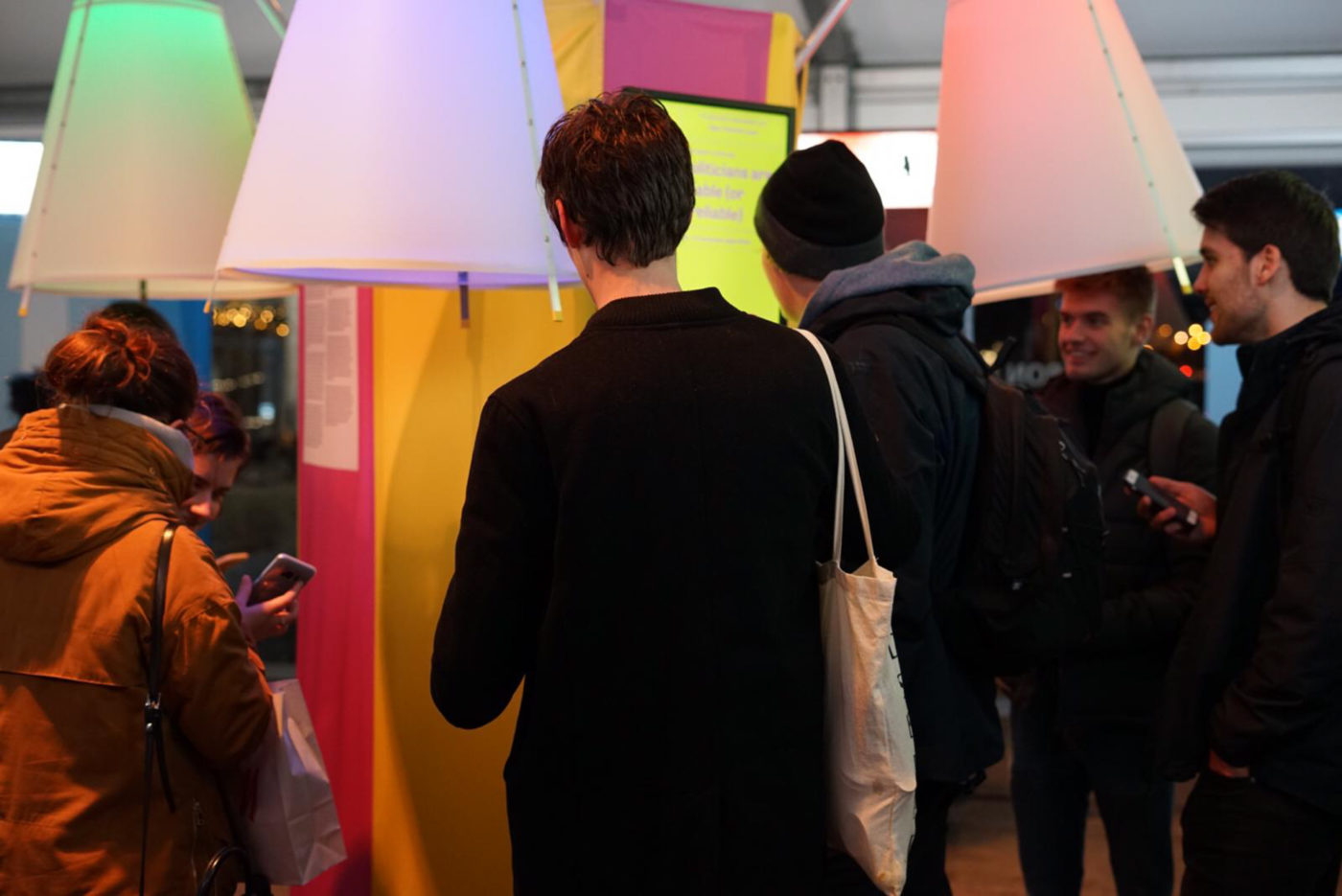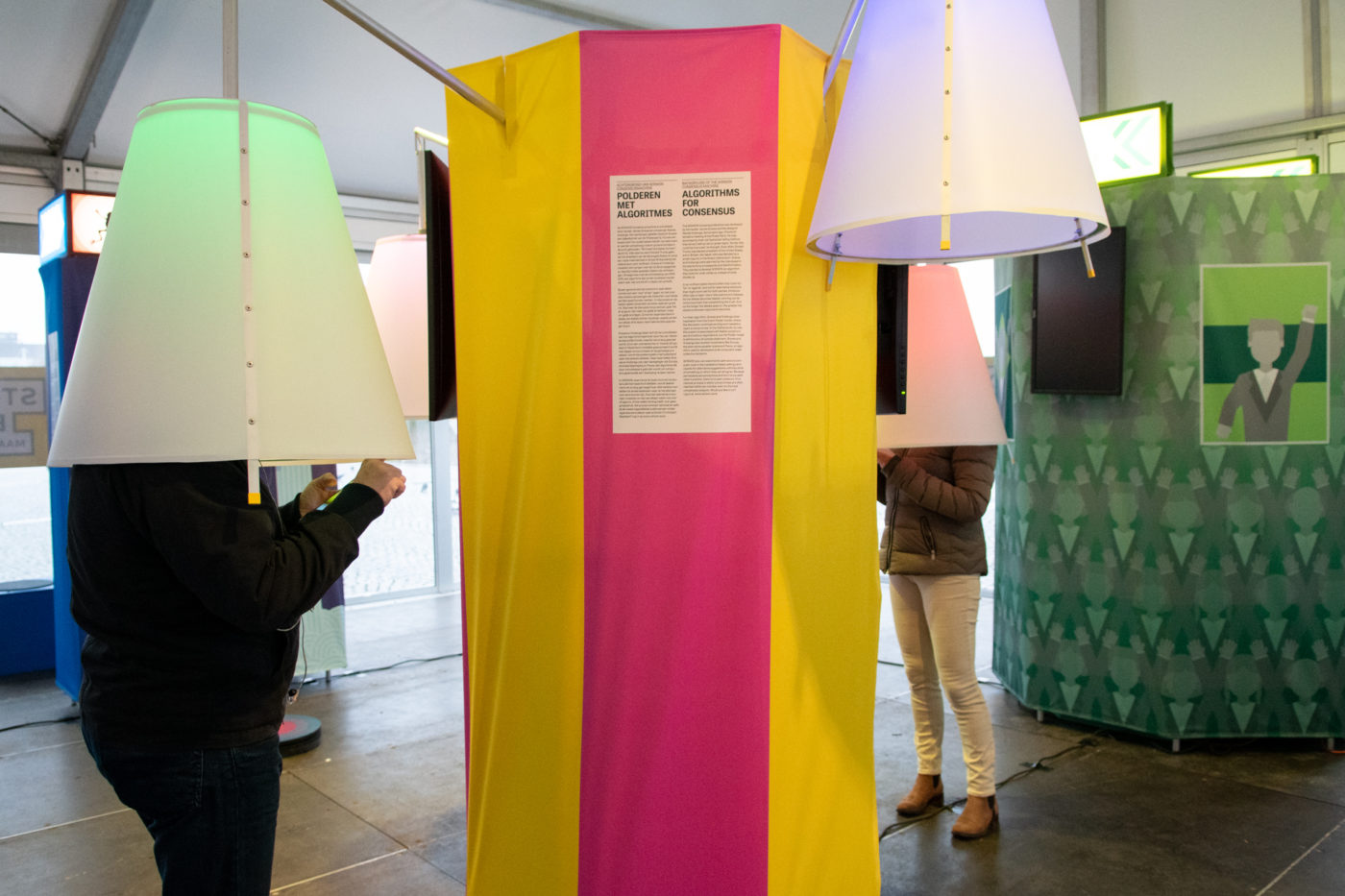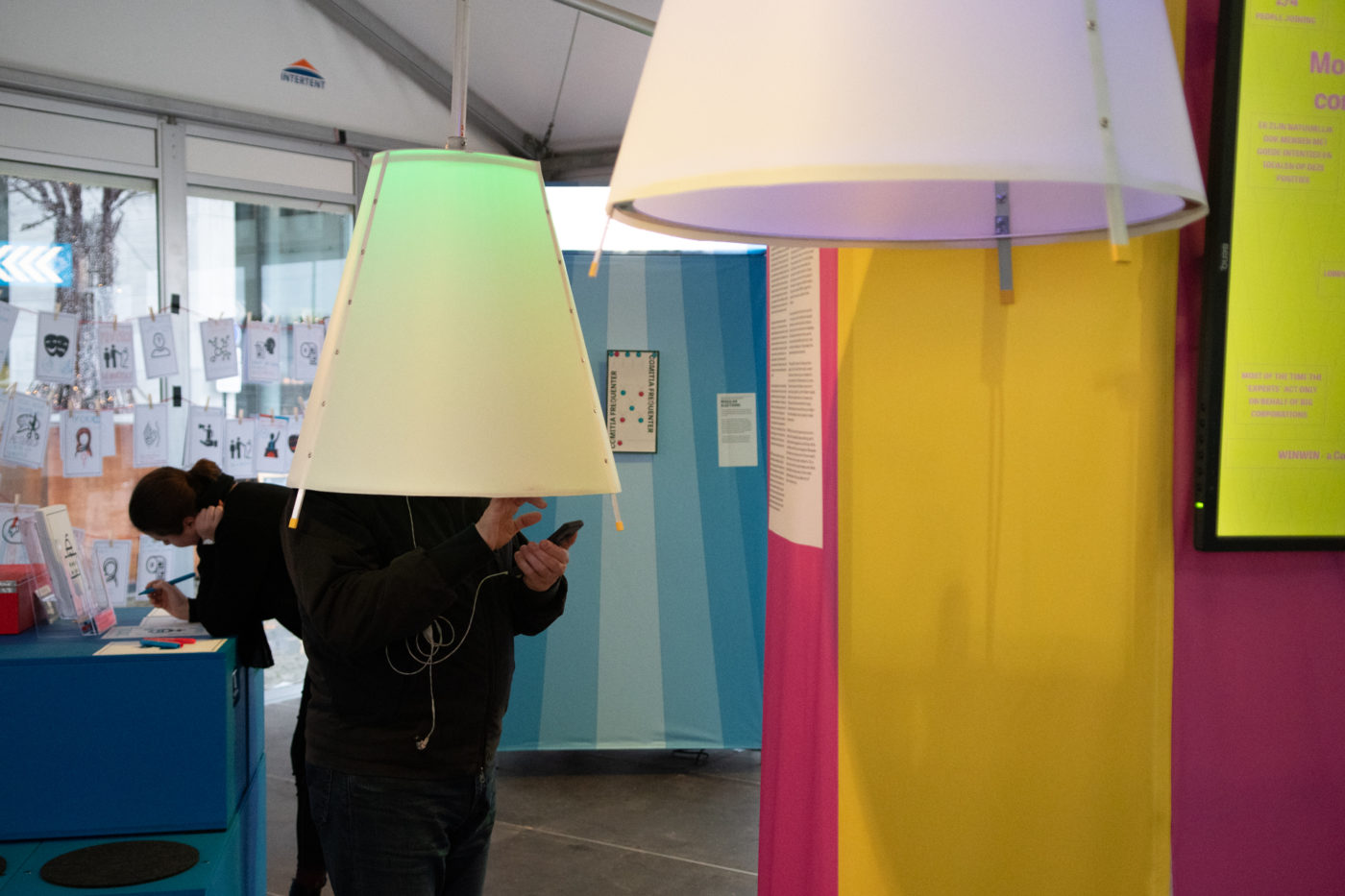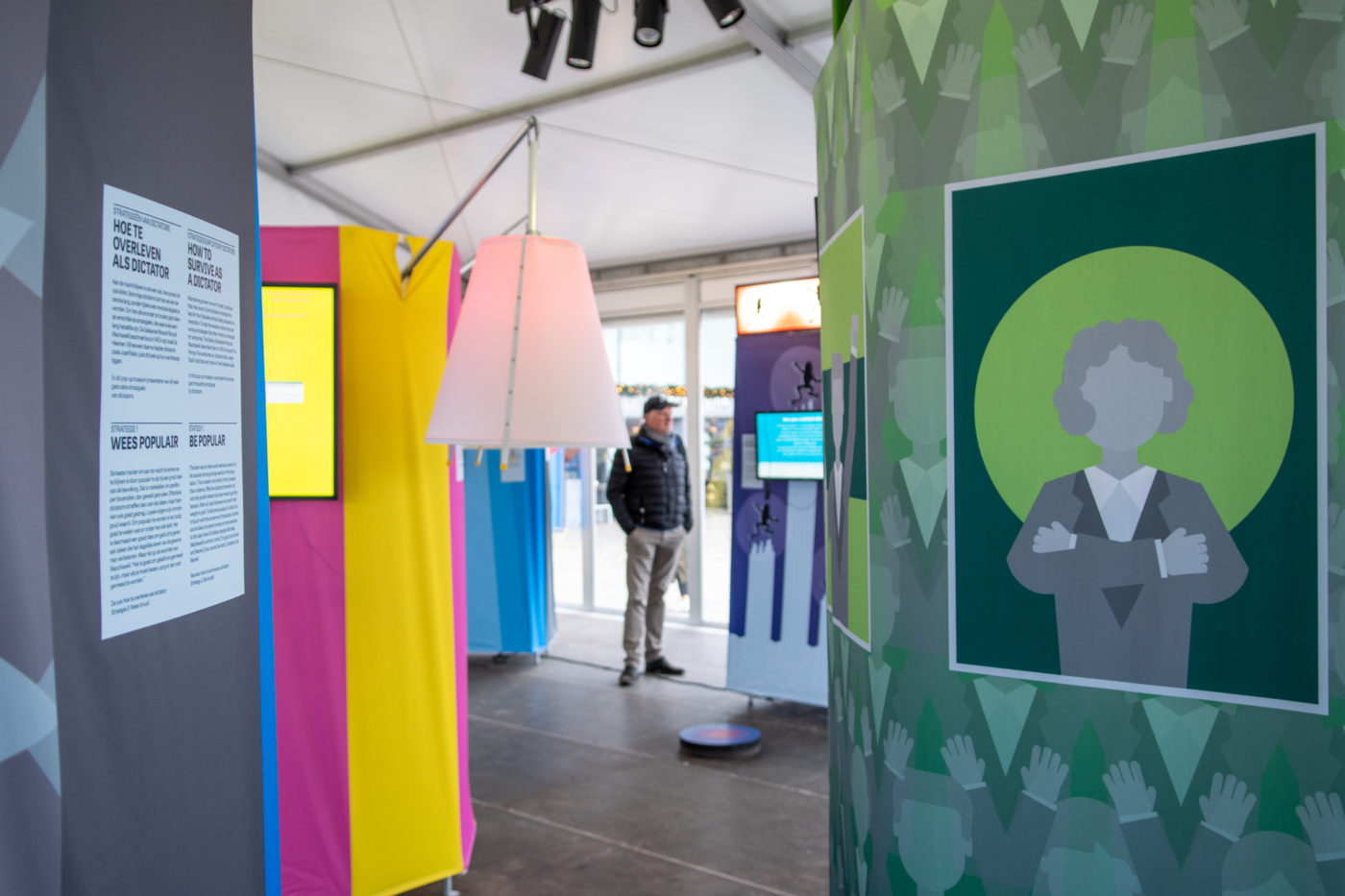How do you survive a democracy? Or rather, how does democracy survive us? Since the fall of the Berlin Wall in 1989, democracy seems to be a reality all over Europe. But today, this hard-won democracy is under pressure. In the How to Survive a Democracy Pop-up Museum, visitors were able to experience for the first time the obstacles that must be lived in a democracy.
During the Maastricht Europe Days, where the museum premiered, the WINWIN Consensus Machine led to great discussions about making compromises. From the space of the populist game, that tests how big the chance is that you are a populist, one moment sounded loud laughter, the next moment you heard sniffing indignantly. When the game was played in group formation, the reactions varied widely. From: "At one point I was completely in it and I really wanted to take power", to "I just couldn't, I'm a really bad populist, it goes against my principles."
In the poster workshop, visitors shaped their own ideas for better democracy. Participants also explored the limits of their freedom during the Boiling Frog Game. If you put a frog in a pan of boiling water, it will immediately jump out. But if you heat up the water slowly, it will stay where it is. Until it's too late.
During the Boiling Frog Workshop, led by designer Janneke de Rooij, more posters were made and interesting discussions arose. “I jumped out of the boiling water at the statement about politicians who call critics stupid; you cannot impose your own opinion on others ”, a participant substantiated her boiling point. Another: “Nationality is part of your culture. I would never want to give it up when I have to flee to another country. That’s my boiling point, when it comes to taking away my freedom. ”
POP-UP MUSEUM ON YOUR EVENT?
The How to survive a democracy pop-up museum travels around Europe. Do you want to show the exhibition at your event or location? That’s possible! The installation fits in very different spaces, it can be of large and smaller construction. For example, it is very suitable for showing, during long-term festivals in semi-public spaces. The games and videos are interesting for a very wide audience with ages from 12 to 100 years. Because the exhibition provokes discussion, we also offer an in-depth program of workshops and teaching programs. View the full program here.
Interested? Contact us for availability and costs: info@ironcurtainproject.eu
